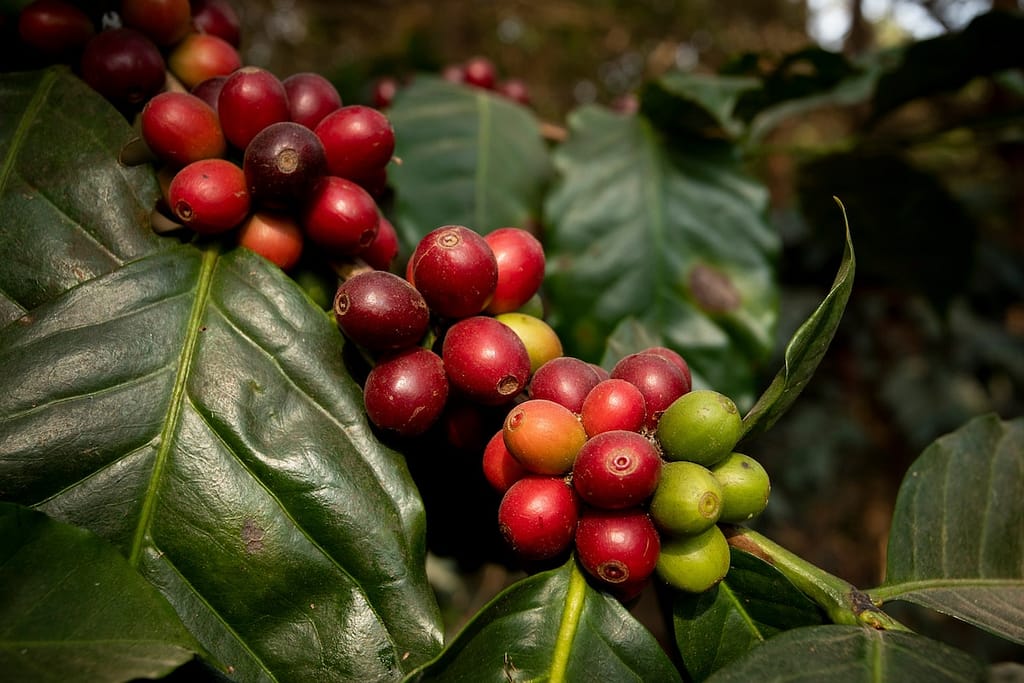[[{“value”:”

Food and beverage ingredient company Olam Food Ingredients (ofi) has released its annual impact report for its coffee business.
According to the company, two highlights of the report include conducting social capital impact valuation for a living income project in Honduras and launching a large-scale sustainable forest management partnership in Côte d’Ivoire.
ofi’s Coffee LENS (Livelihoods, Empowerment, Nature at Scale) strategy sets out progress made by the company’s global coffee teams in the 2023 crop year against targets to improve farmer livelihoods, empower coffee communities, and deliver climate action by 2030.
The report details ofi’s first social capital impact valuation, which assessed the social impact of customised support for 1000 coffee farmers in Honduras, finding that every dollar invested generated $8 in social value.
“The backdrop to our 2023 Impact Report was a year of unprecedented volatility for the coffee industry and it is coffee farmers who continue to bear a lot of the risk,” says ofi’s coffee CEO Vivek Verma.
“Each year we learn how to make stronger choices that drive the most meaningful change on the ground and for our customers. In 2023, our origin teams supported over 115,000 farmers with training and inputs to help them adapt and become more resilient in the face of these perennial challenges, as well as equipping as many as possible with the resources required to meet the EU’s incoming requirements for traceable, deforestation-free coffee.”
ofi attributes the achievements in 2023 to its long-term investment in being embedded in coffee farming communities and 45 impactful partnerships with customers, NGOs, and donors to help scale impact through its sustainability programs.
One of these partnerships is a three-year sustainable forest management program in Côte d’Ivoire, launched last year by ofi, IDH, and JDE Peet’s, that’s working to reduce pressure on the Taï National Park and Cavally nature reserve.
The report also details intensive technical work undertaken last year to enhance data and traceability systems, which includes registering an additional 16,000 coffee farmers to the company’s direct sourcing network via OFIS, its digital farmer information system, and developing an internal digital solution for farm-level traceability.
“This groundwork is helping us plan and cost more targeted interventions on deforestation prevention, GHG reductions and living income, while also catering to increasing regulatory reporting and compliance requirements,” says Verma.
“It means that from action plans to detailed scenario planners, we can offer our customers and partners the traceability, capability, insights, and choices to drive positive change and protect the romantic story of the coffee we all sell.”
The post ofi report showcases major steps towards coffee sustainability appeared first on Global Coffee Report.
“}]]


